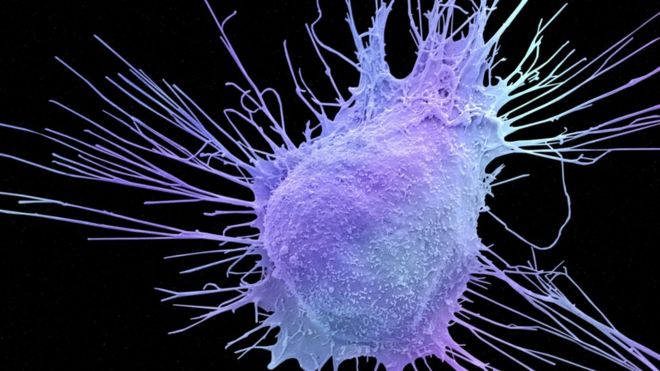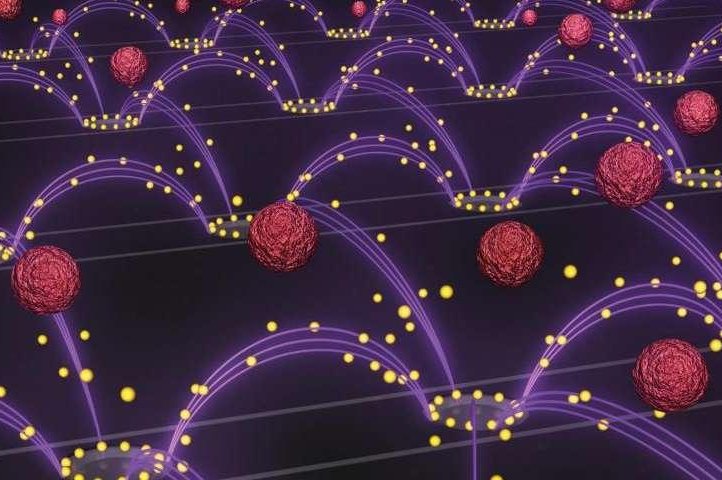ScienceRocks
Democrat all the way!
- Banned
- #1
Gold nanoparticles and tea compound treat prostate cancer with fewer side effects than chemotherapy
July 16, 2012 Currently, large doses of chemotherapy are required when treating certain forms of cancer, resulting in toxic side effects. The chemicals enter the body and work to destroy or shrink the tumor, but also harm vital organs and drastically affect bodily functions. Now, University of Missouri scientists have found a more efficient way of targeting prostate tumors by using gold nanoparticles and a compound found in tea leaves. This new treatment would require doses that are thousands of times smaller than chemotherapy and do not travel through the body inflicting damage to healthy areas. The study is being published in the Proceedings of the National Academy of Sciences. "In our study, we found that a special compound in tea was attracted to tumor cells in the prostate," said Kattesh Katti, curators' professor of radiology and physics in the School of Medicine and the College of Arts and Science and senior research scientist at the MU Research Reactor. "When we combined the tea compound with radioactive gold nanoparticles, the tea compound helped 'deliver' the nanoparticles to the site of the tumors and the nanoparticles destroyed the tumor cells very efficiently."
Read more at: Gold nanoparticles and tea compound treat prostate cancer with fewer side effects than chemotherapy
July 16, 2012 Currently, large doses of chemotherapy are required when treating certain forms of cancer, resulting in toxic side effects. The chemicals enter the body and work to destroy or shrink the tumor, but also harm vital organs and drastically affect bodily functions. Now, University of Missouri scientists have found a more efficient way of targeting prostate tumors by using gold nanoparticles and a compound found in tea leaves. This new treatment would require doses that are thousands of times smaller than chemotherapy and do not travel through the body inflicting damage to healthy areas. The study is being published in the Proceedings of the National Academy of Sciences. "In our study, we found that a special compound in tea was attracted to tumor cells in the prostate," said Kattesh Katti, curators' professor of radiology and physics in the School of Medicine and the College of Arts and Science and senior research scientist at the MU Research Reactor. "When we combined the tea compound with radioactive gold nanoparticles, the tea compound helped 'deliver' the nanoparticles to the site of the tumors and the nanoparticles destroyed the tumor cells very efficiently."
Read more at: Gold nanoparticles and tea compound treat prostate cancer with fewer side effects than chemotherapy
Last edited:









